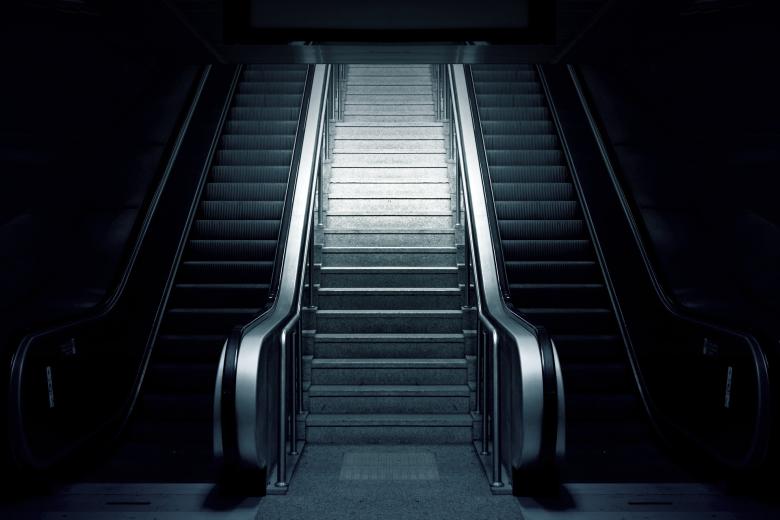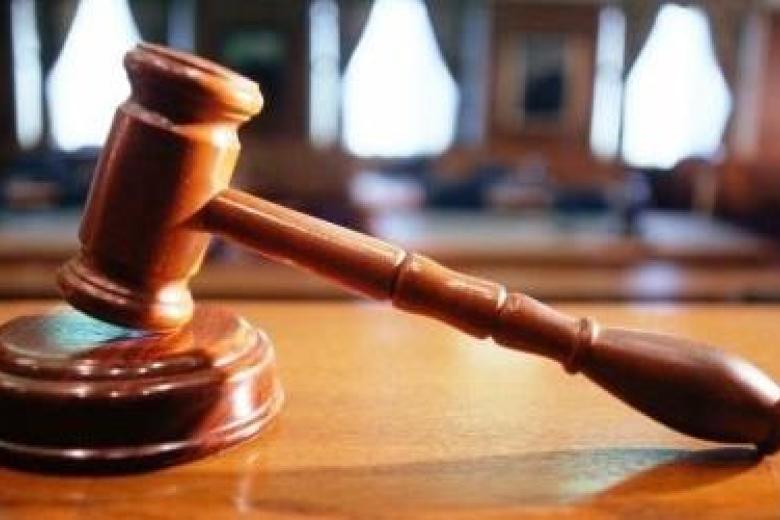Corona virus and online higher education: the technology fallacy
The corona virus is causing education to move from offline to online. In the Netherlands, the government and higher education institutions announced last Thursday (12 March 2020) that all in-person education has to be replaced by online education. Online means more reliance on technology. So here...








